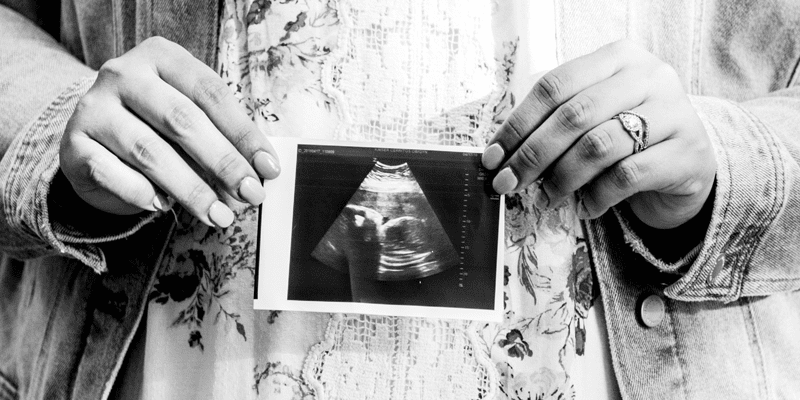
You Could Help Reverse an Abortion!
February 10, 2021

by Eric F. Hussar, MD
Like me, you probably entered the medical field because you wanted to help people who were in significant need, facing challenges, and for whom you could have a substantial positive impact. You may have gone in with the goal to save lives. In healthcare, we have the privilege of helping people at some of their most vulnerable points, while also being a light shining into their darkness. For many women, that moment arrives for them after they have taken mifepristone (RU-486) with the intention of ending their pregnancy.
We have just passed the 48th anniversary of Roe v. Wade, the monumental U.S. Supreme Court decision which federally legalized abortion in the United States. In 2018, the most recent year with statistics from the U.S. Centers for Disease Control and Prevention, more than 600,000 U.S. women had an abortion, a slight increase from the year before. According to the Guttmacher Institute, 39 percent of abortions in 2017 were done with mifepristone, classically referred to as the abortion pill. Proponents of this laud the treatment as safe and effective for ending pregnancies in early gestation.
A number of women in the throes of discovering an unplanned pregnancy are facing extremely difficult circumstances. They are often scared, thinking their future will be ruined or at least undesirably altered. They may be pressured by a boyfriend or their parents to end the pregnancy, eventually turning toward taking a pill with the goal of emptying their uterus and letting things get back to “normal.” In the midst of this crisis, many of these women are turning to mifepristone to end the pregnancy. After having taken the pill, some women have second thoughts and wish they could reverse the decision they just made. And one of the websites they might land on is www.abortionpillreversal.com.
Mifepristone is a competitive antagonist at progesterone receptors, causing a separation of the decidua basalis from the trophoblast, and thereby being the primary cause of death for the fetus. Since mifepristone alone typically terminates the pregnancy about 70 percent of the time, it is usually followed in one to two days by administration of misoprostol, to cause contraction of the uterus and dilation of the cervix. Since mifepristone is a competitive antagonist of progesterone receptors, it was postulated that giving large doses of progesterone could prevent the mifepristone from causing an abortion, with the understanding that the misoprostol is not given. In 1989, Yamabe demonstrated the effects of progesterone preventing the feticidal effects of mifepristone in rats. Dr. George Delgado eventually founded the Abortion Pill Reversal (APR) program after a small initial study on six women, and later published a study on 754 women demonstrating a 64 to 68 percent success rate of his progesterone protocol for allowing women who had taken mifepristone to carry a healthy pregnancy to term. The rate of birth defects of these children was no different than the general population.
It should also be noted that using progesterone in early pregnancy to prevent miscarriage in high-risk patients has been and continues to be a common practice. Since obstetricians have been trained to treat patients with this medication to help patients with a high risk for spontaneous abortion, it should be considered a reasonable therapy to help patients who started an elective abortion as well.
Medical clinicians have the opportunity to complete online training to become an APR certified prescriber. Women are often in the “heat of the moment” when making a decision to abort their baby, but we have the opportunity to give them a chance to try to reverse that decision and save the life of their baby. Of course, support for these women must not end with just trying to reverse mifepristone. We can and should refer them to local crisis pregnancy centers and organizations like Embrace Grace. We should make sure they are connected to an obstetrician who can guide them medically in their journey, and we can periodically check in to see how they are doing. Consider and pray about whether God is calling you to join or support the APR network, such that you could help these in their most vulnerable moments!
Listen to a recent edition of the CMDA Matters podcast that addresses pro-life initiatives. You can learn more about the science behind APR at this link.
